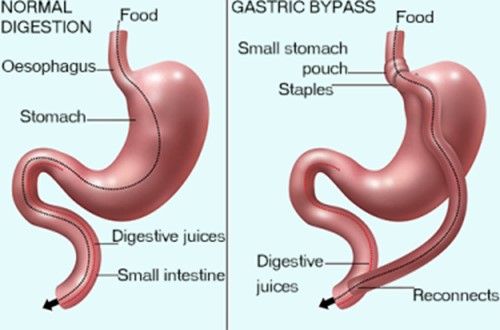A client is suffering from osteoarthritis in the knees and the nurse is providing care. The nurse is assessing the client's pain level and pain tolerance. Based on the nurse's understanding of pain, the nurse knows that a client's pain tolerance is most likely relieved by which of the following?
Anger
Sleep
Boredom
Introversion
The Correct Answer is B
Pain tolerance refers to the maximum level of pain that an individual can tolerate without significant distress. It is influenced by various factors, including psychological and emotional factors. While emotions such as anger, boredom, and introversion can have an impact on a person's pain perception and experience, sleep plays a significant role in pain tolerance. During sleep, the body is in a state of rest and relaxation, allowing for decreased sensory input and potentially reducing pain perception. Sleep provides an opportunity for the body to repair and heal, which can contribute to improved pain tolerance. Additionally, sleep promotes the release of endogenous opioids, which are natural pain-relieving substances produced by the body.
Nursing Test Bank
Naxlex Comprehensive Predictor Exams
Related Questions
Correct Answer is D
Explanation
To calculate the milliliters per hour (mL/hr) for the IV infusion, you divide the total volume (in milliliters) by the total time (in hours).
In this case, the total volume is 1 liter, which is equal to 1000 milliliters, and the total time is 6 hours.
So, you divide 1000 mL by 6 hours:
1000 mL / 6 hours = 166.67 mL/hr
Rounding off, the nurse will program the IV infusion device to infuse at approximately 167 mL/hr.
Correct Answer is ["A","C","D"]
Explanation
Each of your meals should contain about 10 tablespoons of food: After gastric bypass surgery, the stomach's size is reduced, and the patient's capacity to consume large quantities of food is limited. It is important to educate the patient about appropriate portion sizes to avoid overeating and potential complications.
Be certain to stay hydrated by drinking water: Hydration is crucial after gastric bypass surgery. Patients should be advised to drink enough water throughout the day to prevent dehydration and ensure proper bodily function.
Solid food can be introduced back into the diet in a week: Following gastric bypass surgery, the diet is initially limited to liquid and pureed foods. Gradually, solid foods can be reintroduced into the diet over time, typically after a week or as directed by the surgeon. This information is important for the patient to understand the progression of their diet post-surgery. You are likely to have little urine output for the first few weeks: This statement is not true and may cause unnecessary concern for the patient. Urine output should not be affected by gastric bypass surgery unless there are other complications.
Report any back, shoulder, or abdominal pain to the surgeon: While it is important to report any significant pain or discomfort to the surgeon, including back, shoulder, or abdominal pain, this is not specific to discharge teaching for gastric bypass surgery. Pain management and reporting should be covered during the post-operative care instructions, but it is not limited to discharge teaching alone.

Whether you are a student looking to ace your exams or a practicing nurse seeking to enhance your expertise , our nursing education contents will empower you with the confidence and competence to make a difference in the lives of patients and become a respected leader in the healthcare field.
Visit Naxlex, invest in your future and unlock endless possibilities with our unparalleled nursing education contents today
Report Wrong Answer on the Current Question
Do you disagree with the answer? If yes, what is your expected answer? Explain.
Kindly be descriptive with the issue you are facing.
